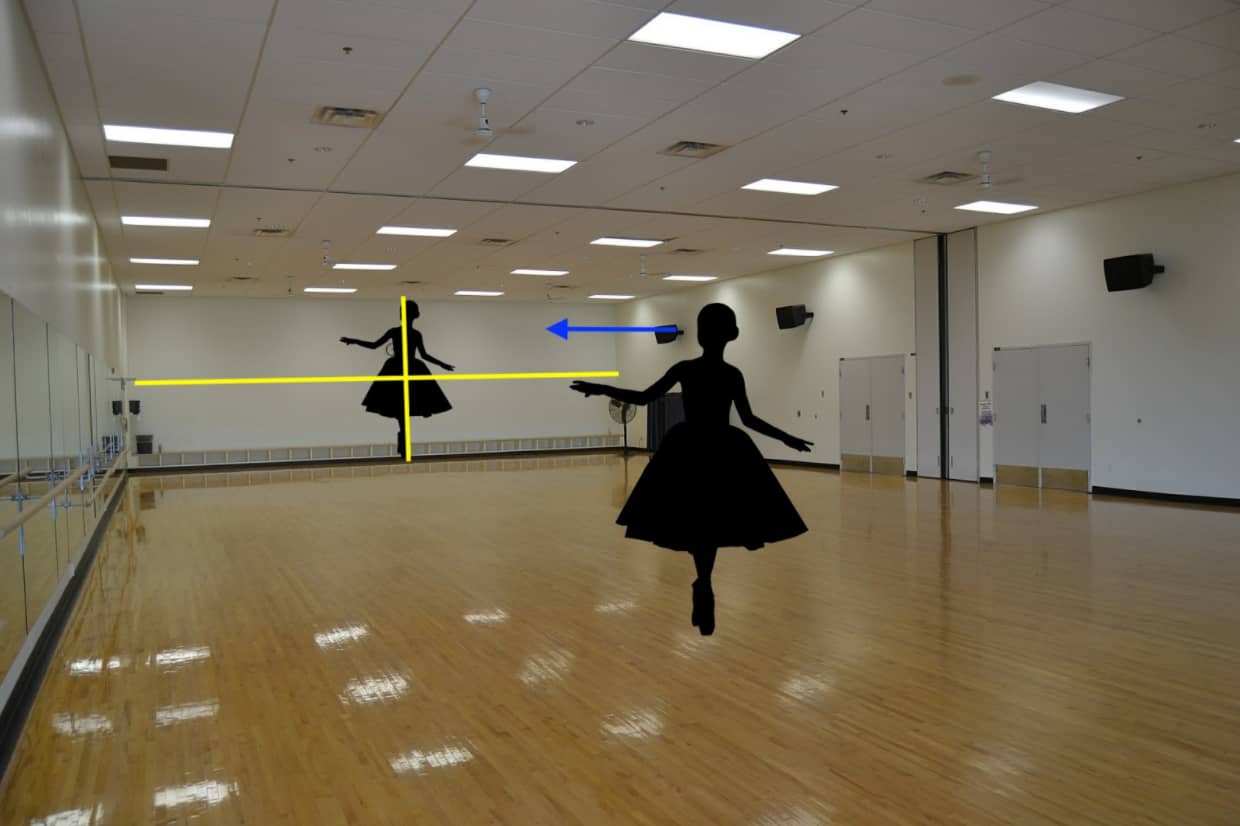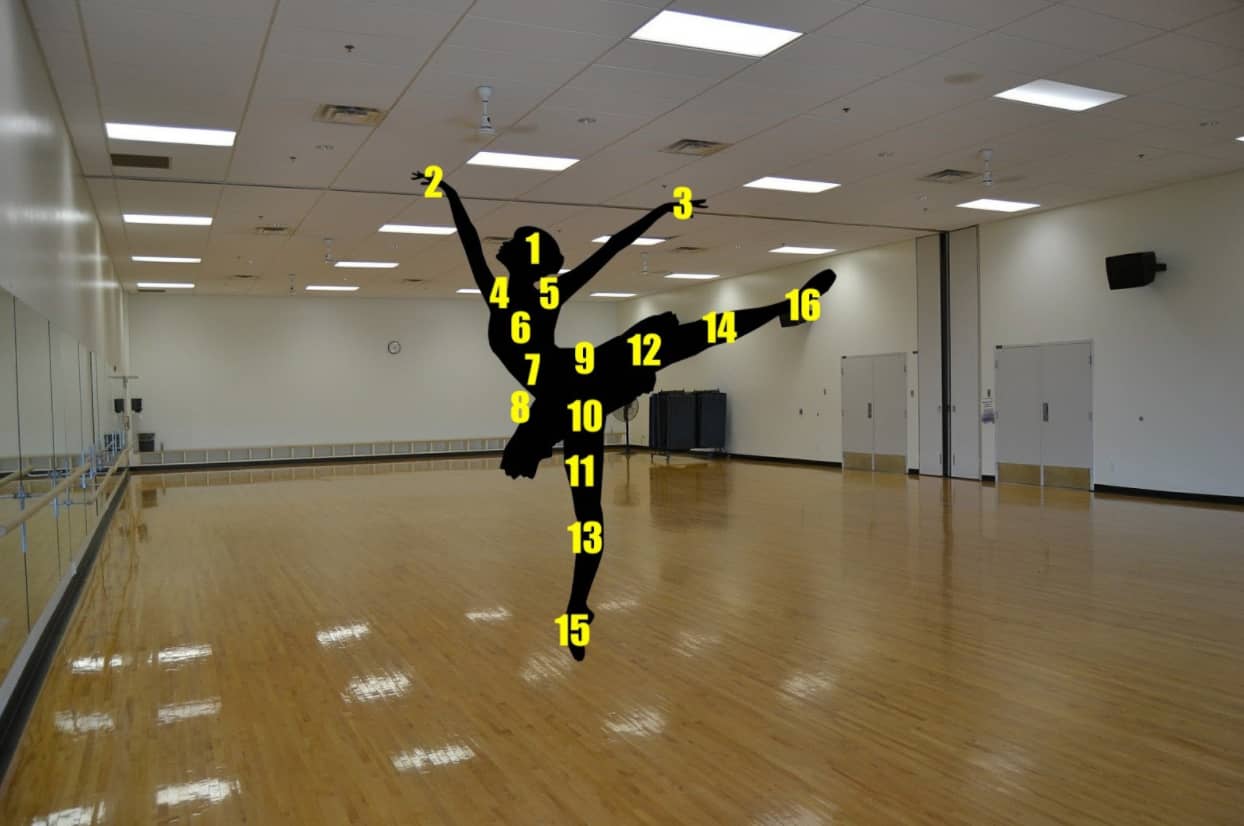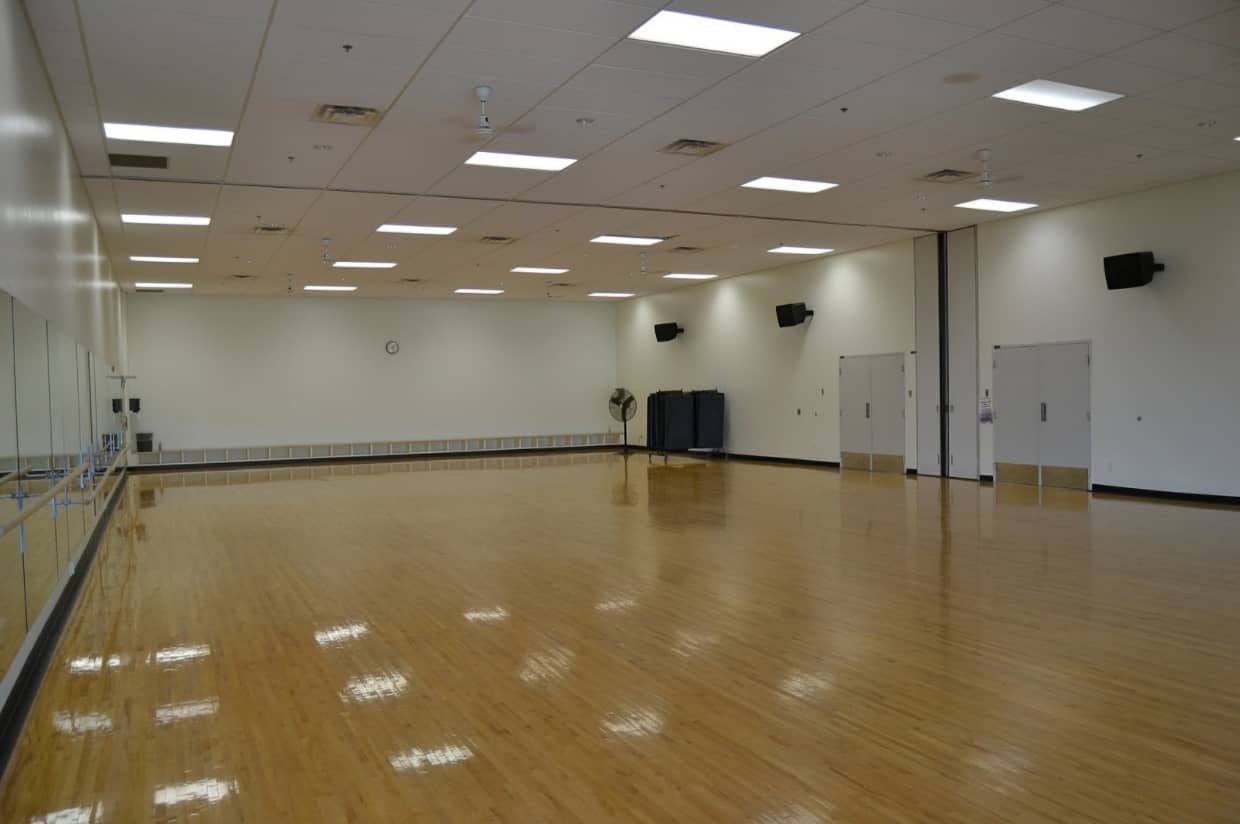 When you’re trying to remember dance moves quickly, failure is frustrating.
When you’re trying to remember dance moves quickly, failure is frustrating.
After all, some people seem to pick up the moves as if they’ve got some kind of superpower.
In reality, there are some pretty simple reasons why some people know how to remember choreography faster than others.
And there are techniques you can learn quickly.
These techniques will give you “dance memory superpowers.”
I’ll cover them all on this page. Let’s dive in.
How to Remember Choreography: 7 Proven Tips
The reason some people learn dance moves faster than others come down to two words:
Pattern recognition.
Some people simply have more experience in the field of dance. They can not only see what certain dance routines consist of, but their knowledge gives them a strong basis for comparison based on:
- Similar moves
- Faster recognition of body parts involved
- Comparison to other genres and styles
This helps experienced dancers remember moves faster because learning a dance routine comes down to praxis. Praxis is defined as having five stages:
- Ideation
- Motor planning
- Execution
- Rehearsal
- Performance
Basically what this means is that the more knowledge of dance you have, the stronger you are in the ideation phase. This is the part where you pre-visualize yourself engaged in the movements.
If you struggle to pre-visualize dance moves, try active image streaming. It should give you a boost so you do better during the motor planning and other stages.
With this context in mind, let’s look at some specific tips that will help you remember choreography basics and specific nuances fast.
One: Know The Definition Of Dancing
According to Lyn Paine, author of the Complete Guide to Primary Dance, dance is at least two things:
- Movement
- Expression
Noting these two levels gives you a huge memory cue: Many people are so focused on memorizing the moves, they forget to mentally note the emotions or ideas behind the expressions.
But you can use knowledge of the intent behind the dance to create a mental frame or field that helps you connect the dots.
As mentioned above, knowing the genre can help us well. You can connect new moves you need to memorize with ones you’ve seen in similar or related types of dance. Or you can use contrasts to help you remember movement patterns.
Two: Name The Parts
The basic glossary of dance moves is not so huge that you could not memorize it in a day or two.
How? Use a Memory Palace. It’s an essential tool that can also help you memorize what dance moves look like.
For example, if you’re trying to remember “feather step,” you might place an image of yourself stepping on feathers in a corner of your bedroom.
To remember the term, enchufla, you could imagine the music group Enya eating enchiladas while performing this move on a UFO. Have this imaginary association take place in another corner of the bedroom.
This kind of imaginative association will help you remember both the word and the movement. You will also have a location to refer to in your mind so you can “find” the information.
Repeat accessing the image and decoding it back to the target information a small number of times. It will enter long term memory with much greater ease.
Three: Visualize The Moves In A Memory Palace
A Memory Palace is a mental recreation of a building you’re familiar with – such as your dance classroom.
If you were to take that space and imagine it, you could mentally “project” the body positions you need to assume onto the walls – once of which will probably be a mirror.
To perform the projection, you will want to have the specific dance move in mind – and know it by name.
Then, imagine yourself in the room looking at the wall and project how the body position is supposed to look onto the wall. You might want to split the wall into fourths so you can mentally refer to various references points.
In other words, you might use these divisions to help yourself remember where in space your right hand should be relative to the imaginary center line.

If a sequence has four moves, you can place one mental representation on each wall in a room. Extend from there into the next room, hallway or outdoor location from there. Or move to another Memory Palace.
This process will help you with breaking the moves down into smaller parts, which some memory experts call “chunking.”
Three: Use A Number System
Sometimes you have to remember more than what moves to do. You have to remember how many times to repeat them.
In this case, it’s very “handy” to have the Major System on your side.
For example, if you have to repeat a move 5x, you’ll have a mental image that instantly helps you remember this requirement.
You can also number your body.

There’s no cookie-cutter way to assign numbers to the body, but you could experiment with:
- Head
- Right hand
- Left hand
- Right shoulder
- Left shoulder
- Chest
- Stomach
- Right hip
- Left hip
- Groin
- Right thigh
- Left thigh
- Right calf
- Left calf
- Right foot
- Left foot
For example, my image for 01 is a tragedy mask. Movements using the head could draw upon this image.
If you have to move your right shoulder, then your left hip, followed by your right foot, the sequence could be 04, 09, 15 and you would string together visual images to help you remember that pattern quickly.
Four: Become More MindFul Of Movement
In Mabel Elsworth Todd’s book The Thinking Body, she lists eight ways to become more conversant with the movements of your body:
- Pilates-Based Conditioning
- Rolfing
- Feldenkrais
- Alexander Technique
- Ideokinesis
- Body-Mind Centering
- Bartenieff Fundamentals
- Laban Movement Analysis
The more familiar you are with your body and how it moves, the more points of reference you’ll have to make connections.
Five: Know The Music
The more you understand rhythm and notation, the more you can make connections to particular moves.
For example, if you know that a move corresponds with a C chord in the music, you can create imagery that helps you remember the move better.
In effect, we’re using the music to create cues that trigger our recall of the required moves.
Knowing the names for various rhythms also builds up your pattern recognition. The more you know about dance, the more you can know about it. Your brain will make more connections on autopilot.
For more on quickly learning chords, check out how to memorize a song.
Six: Record Yourself
These days, it’s easy to set up a camera and record yourself practicing. You get instant feedback, and not just from yourself. You can post your routines to the Internet and get instant critiques from thousands of people.
But the point is to give yourself an external mental picture of your performance. Observation will help you reflect in ways that improve both the ideation, motor planning and execution stages. It will also help you check for the all-important level of expression many dancers miss, making them look robotic instead of natural and dynamic.
Seven: Play Games
Too many people practice dance on their own. But when you practice with others, you can turn learning into a game.

For example, you can start with just one move. All of your friends have to perfectly imitate the move.
Then you add a second move, which they have to imitate. Add a third, fourth and so on. The first person who incorrectly executes the sequence loses the game.
Of course, there are no losers at the end of the day. Everyone wins by turning learning into a game. Always be sure to highlight that point when learning with others.
And don’t run from the challenge. Mistakes are a huge part of how we learn and that’s what makes games like these so powerful for ideation and correcting our approach to the other stages of learning choreography.
How To Learn Dance Choreography
The science on how to learn faster is clear. You need to pre-visualize what you want to learn, follow through by getting your body involved, and then observe the process.
Since many dance routines are complex, it only makes sense to give your mind
the most powerful visualization tool that exists. If you want to remember dance steps using a Memory Palace, check out this full free course for more on how to use this incredible tool:
As you continue to have fun, keep these final pointers in mind:
- It’s okay to have high expectations, but keep things realistic. Know your goals with learning dance and base them on reality so you can be sure to succeed.
- Make sure you choose the right clothes. Memory techniques can help, but they can’t promote flexibility and proper circulation.
- Manage your space and stick to a schedule. You will remember more faster by keeping a regular practice. An established routine is much easier to maintain when you assign a specific location special status for your dance practice.
- Let go of the outcome. Learning anything is a marathon, not a race.
If you’re interested in more, there’s an Australian memory champion who also dances professionally. Check out my interview with Anastasia Woolmer for more details. She actually reversed the process we discussed today by using movement to help her memorize numbers – the flexibility of these techniques is amazing!
So what do you say? Are you ready to explore some new ways of memorizing movement you might not have tried before?
Related Posts
- How to Remember The Planets: A FAST & Simple Method
Need to know how to remember the planets? This article will help you memorize the…
- How to Remember Where You Put Something (Once and For all)
If you want to know how to remember where you put something, you need expert…
- How to Memorize Lines Fast
Knowing how to memorize lines fast is easy to learn and fun to practice. Never…








